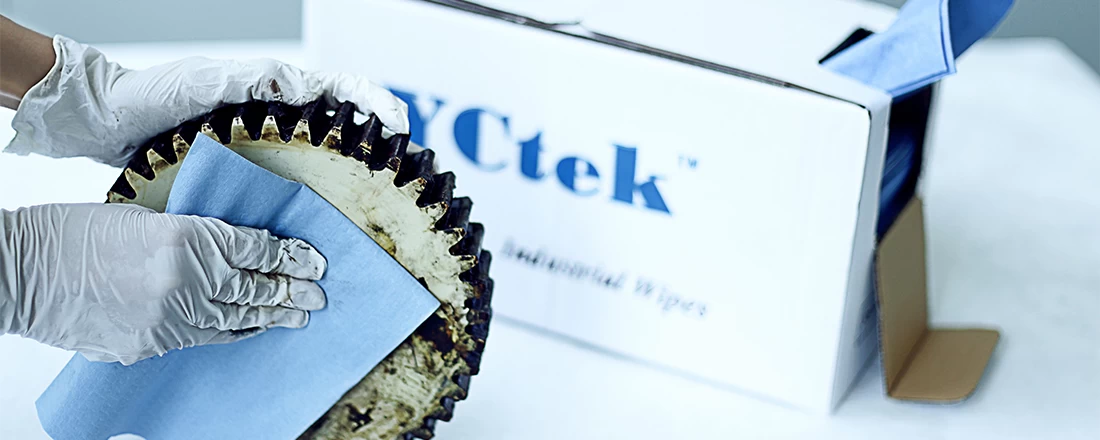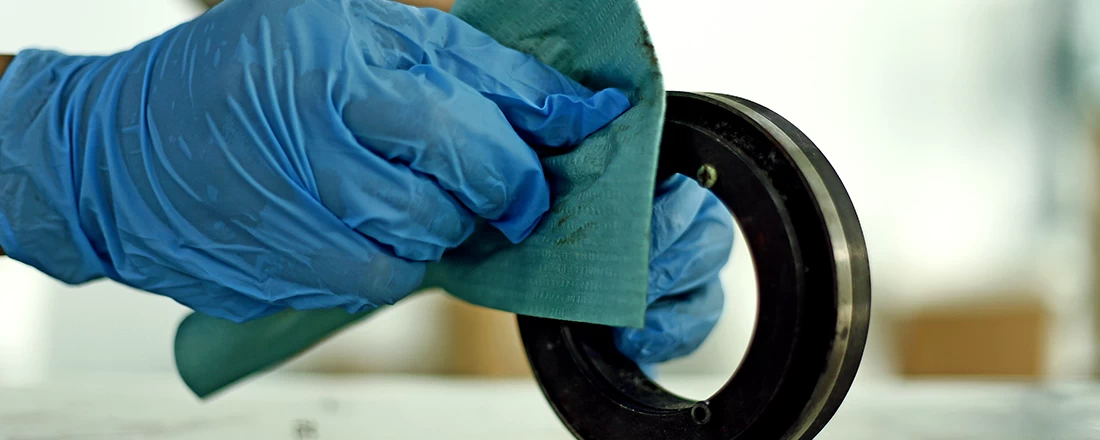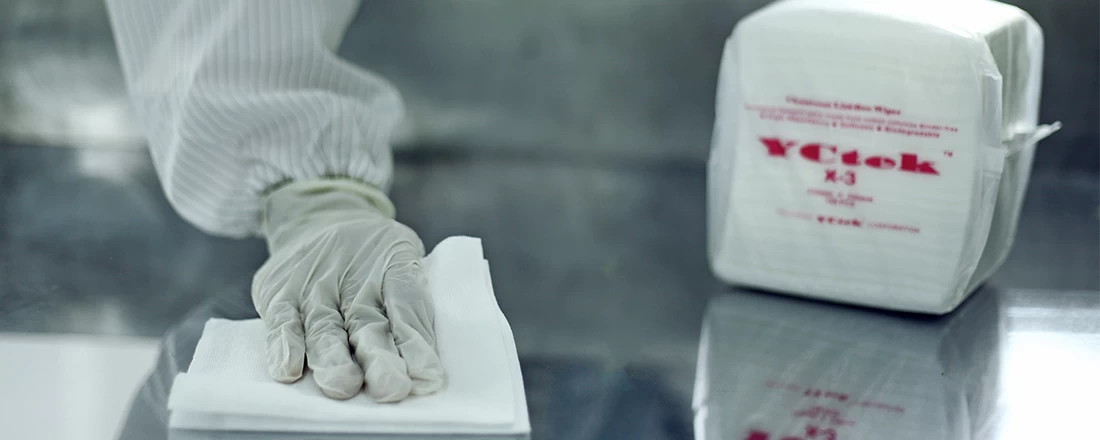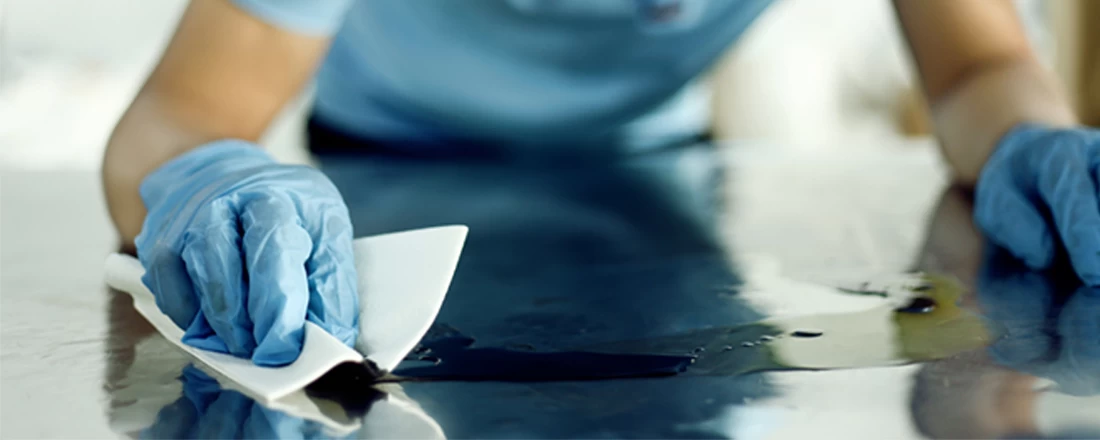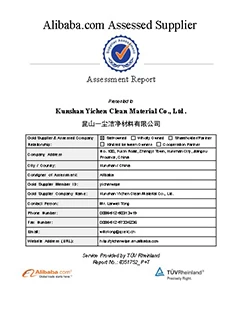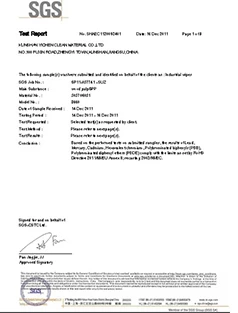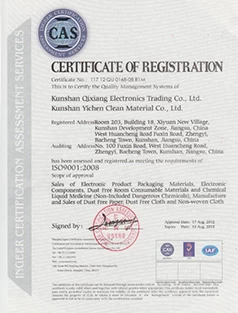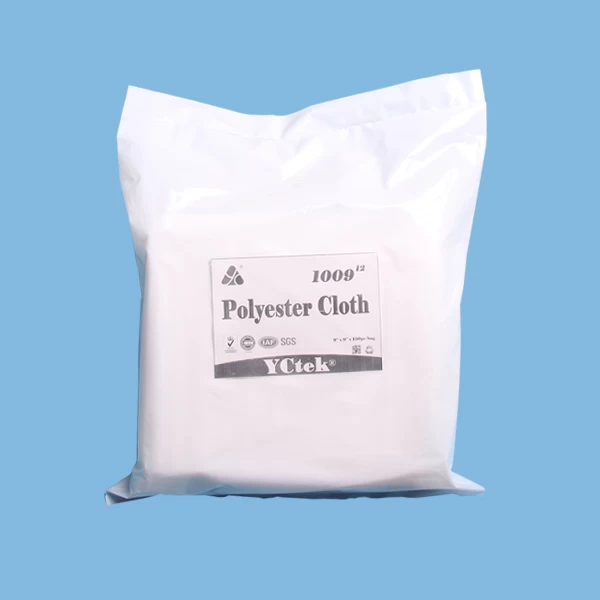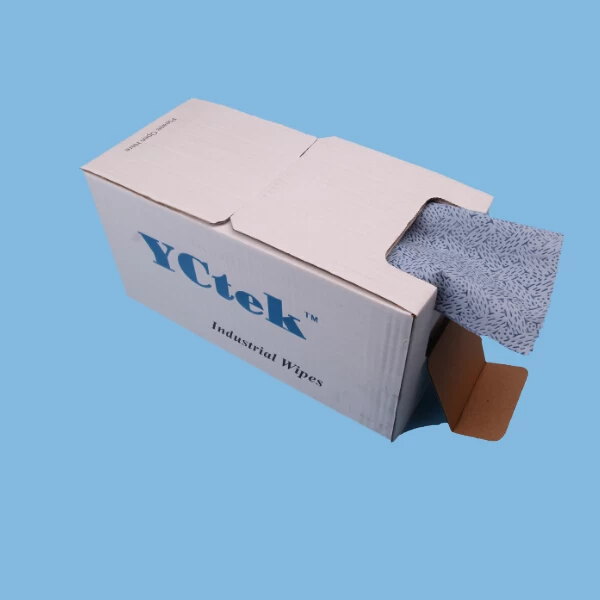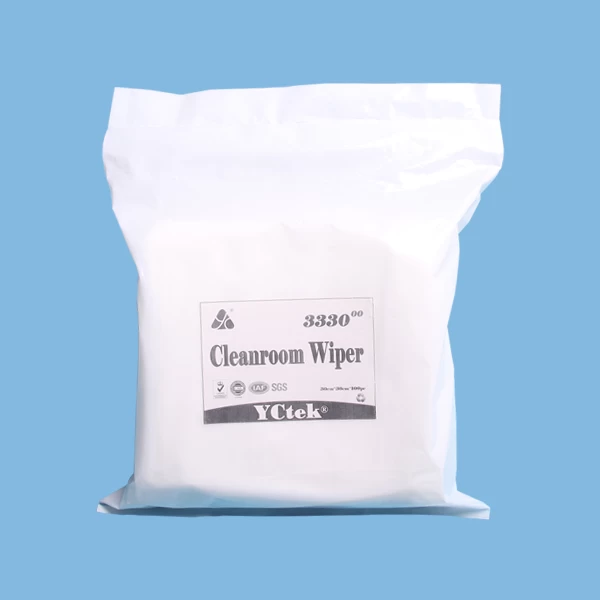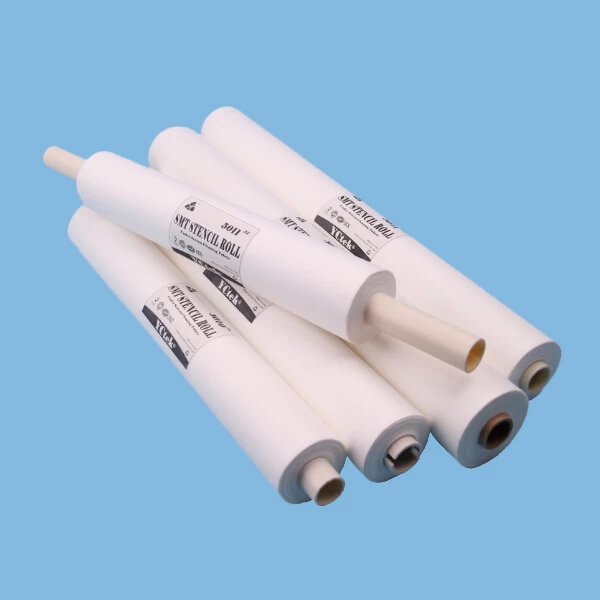Polyester and Polypropylene
2017-03-07 15:33:53

While these two materials don’t enjoy the same status as natural fibers when it comes to environmental concerns, executives say these synthetics do have a green story.
Currently, about one-third of the molecules present in polyester are based on bio materials and there are a lot of projects underway for the other two-thirds of the molecules, explains Mark Ruday, vice president of DAK Americas’ fiber division. “Polyester has the potential to be very sustainable in the future as advancements are made in the technology. Also, it’s very recyclable which is something that is very important.”
While polyester has faced some challenges—like the economic slowdown and Chinese competition—in fiberfill applications, much of DAK’s business is in floor cleaning cloths, like Swiffer, and in acquisition/distribution layers in diapers, businesses that have been able to remain stable in spite of economic volatility.
Polyester supplier offers fibers for airlaid, wetlaid spunlace and carding technologies and is focusing on growing in markets like hygiene and filtration. Like DAK, sustainability continues to be a high priority for the German company, something it is achieving through the development of products made from biopolymers as well as through the incorporation of recycled materials.

